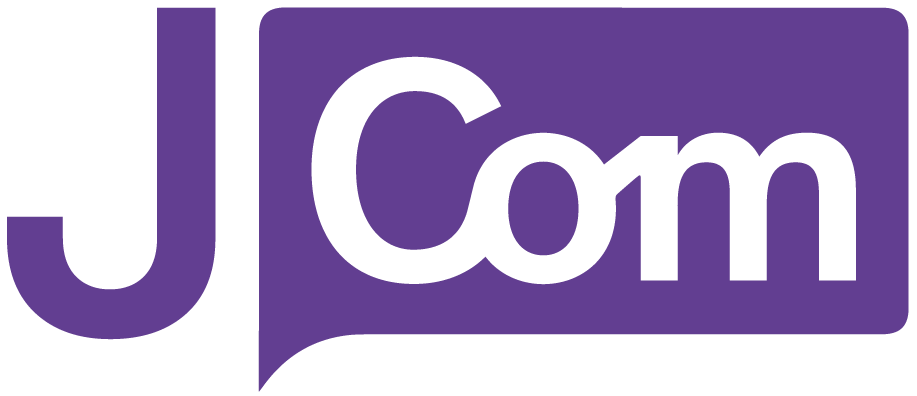
JCOM moves to CC BY 4.0 International license
Starting in January 2026, articles published in JCOM will be released under the CC BY 4.0 International license. This replaces the previously adopted CC BY-NC-ND license.
This change reinforces JCOM’s commitment to Open Science best practices and compliance with major funders’ requirements, improving the discoverability, reuse, and impact of published research, while ensuring mandatory attribution and full copyright retention by authors.

“Greetings from 51 Pegasi b”: How NASA Made Exoplanets into Tourist Destinations
A new JCOM paper analyzes the synergy between artists and scientists in a popular exoplanet science communication campaign
Looking for the perfect vacation? Do you crave late-night fun? PSO J318.5−22, the planet with no star where nightlife never ends, is perfect for you! Prefer some peace and a chance to catch some rays? Kepler-16b, the land of two suns—where your shadow always has company—is waiting!
In 2015, NASA launched an unusual and brilliant exoplanet outreach campaign, offering retro-style posters, virtual guided tours, and even coloring books. The project quickly went viral worldwide. What explains the success of a campaign about a relatively young field of science that—unlike other areas of space research—lacks spectacular imagery?
Ceridwen Dovey, science communicator, writer, filmmaker, and researcher, has just published in the Journal of Science Communication (JCOM) a Practice Insight paper that presents a case study focusing on the Exoplanet Travel Bureau’s poster campaign. Dovey describes the productive working relationships between scientists and artists that produced this standout work and shows how, in contexts like this, artists are not merely in service to science but can also inspire research itself and help scientists clarify their own thinking.

JCOM at PCST 2025
JCOM is at the PCST Conference 2025 in Aberdeen!
Editor-in-Chief Michelle Riedlinger and Deputy Editor Marina Joubert are attending the international gathering to engage with the global science communication community and discuss the evolving role of our field in a world shaped by both tradition and innovation.
In the picture: Michelle Riedlinger, Marina Joubert, Luisa Massarani, and Beatrice Biggio from the JCOM Editorial Office.

Can a Joke Make Science More Trustworthy?
Authoritative, intelligent, responsible, serious—if you were asked to describe the general figure of a scientist, you would probably use adjectives like these. However, “funny” would likely not be the first word that comes to mind. Scientists, in fact, rarely adopt a humorous tone when communicating with the public, perhaps out of fear of appearing less credible. Yet, a new study published in the Journal of Science Communication (JCOM) suggests exactly the opposite: the use of humor—in this study, specifically in the context of artificial intelligence—can enhance both the likability of scientists and the perceived reliability of the scientific information they convey.

When Science Speaks in Extremes

Communicating Discovery Science





